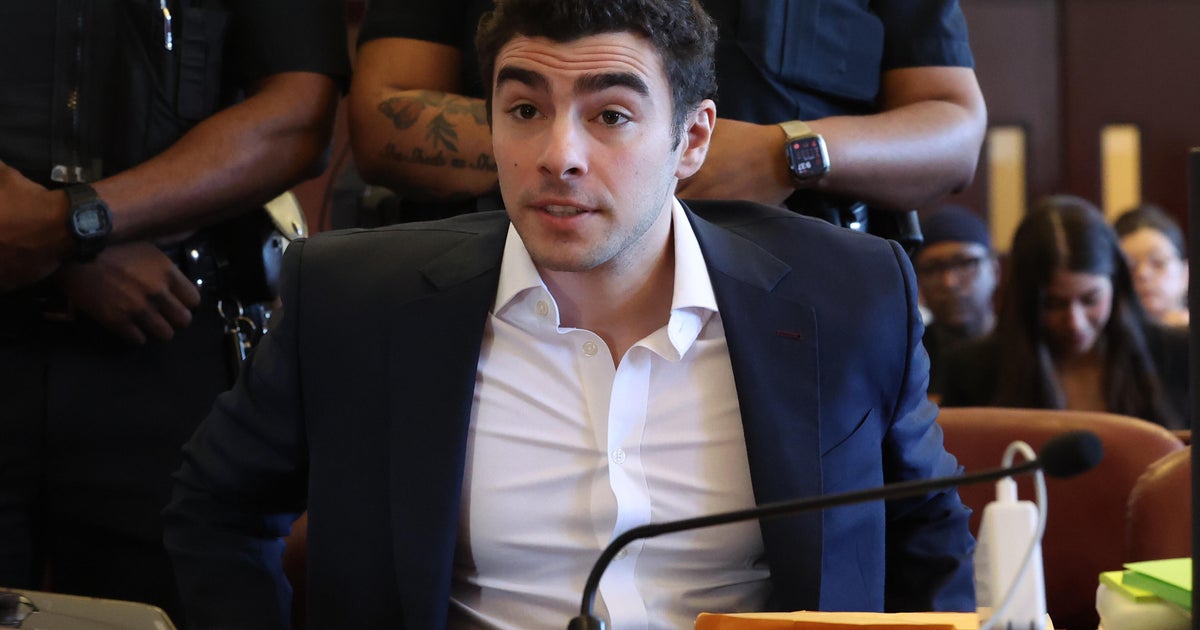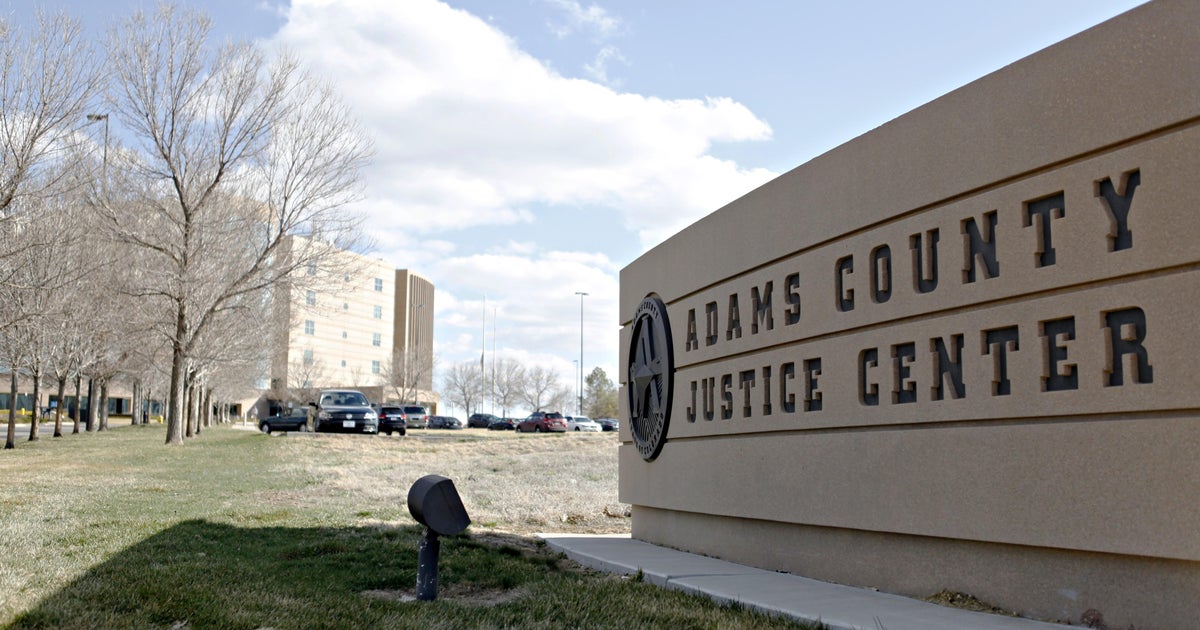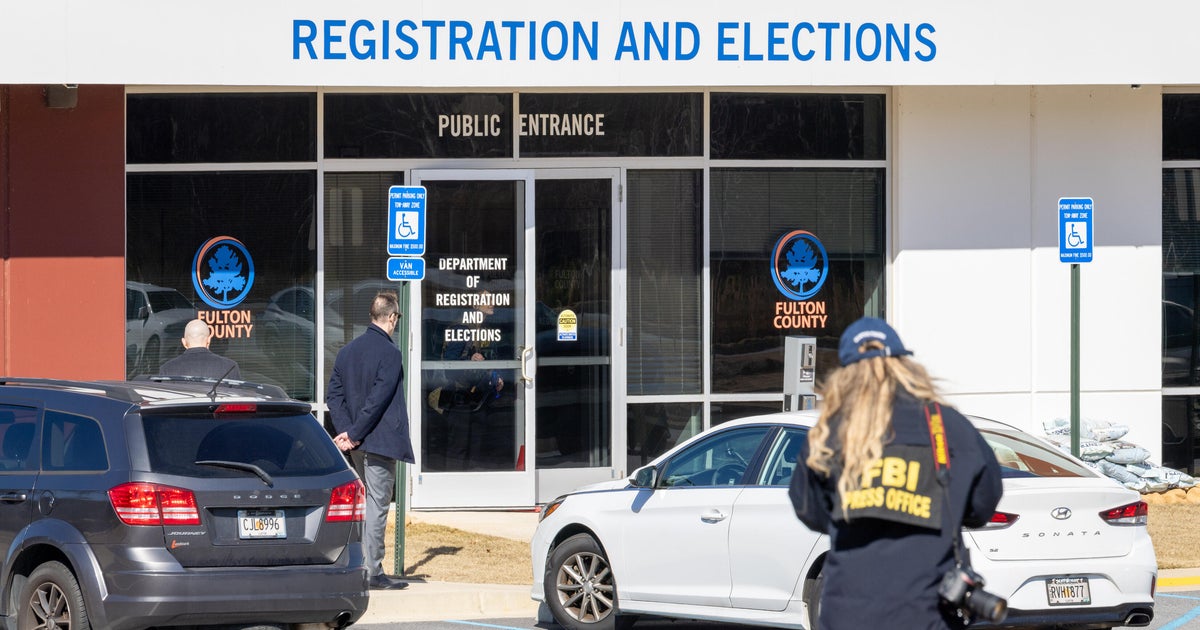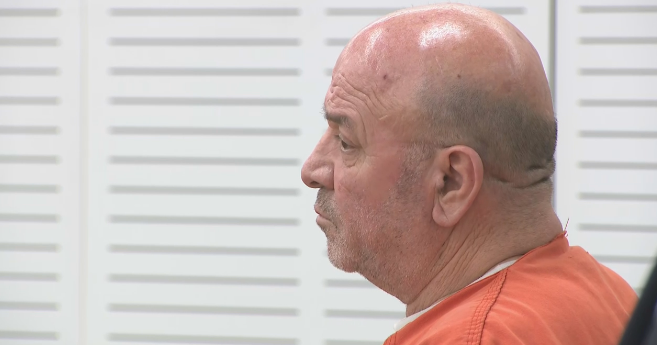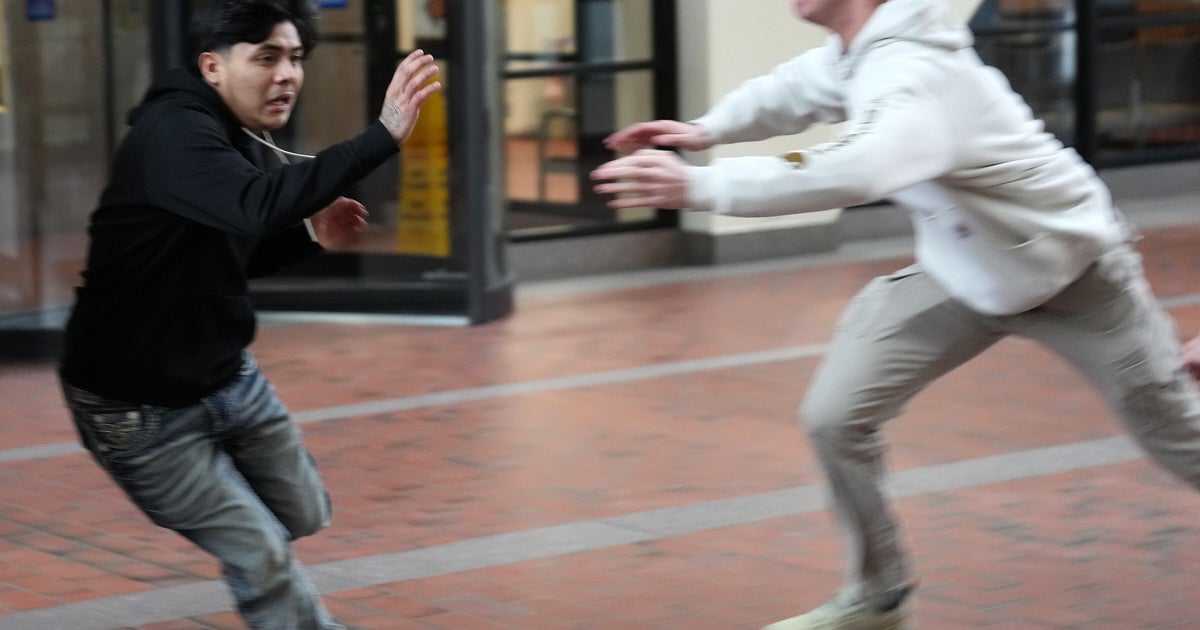The Defendants So Threatening Their Juries Were Anonymous
(CNN) -- Joaquin "El Chapo" Guzman's violent past warrants keeping the identity of potential jurors at his September trial a secret, according to a federal judge in New York.
US District Court Judge Brian Cogan ruled this week that the names, addresses and places of employment of prospective jurors will not be revealed; the panel will be transported to and from the courthouse by US marshals; and jurors will be sequestered from the public while in the courthouse.
Anonymous juries are rare because the US judicial system is built on the principal of transparency, says Adam Benforado, a professor at Drexel Univesity's Thomas R. Kline School of Law. Secret juries are primarily used in terrorism and organized crime cases.
The first anonymous jury was selected in the 1977 trial of a violent drug kingpin named Leroy Barnes in New York City, according to the Reporters Committee for Freedom of the Press.
Here are other examples, based on CNN reporting and federal prosecutors in New York:
Muhanad Mahmoud Al Farekh
Muhanad Mahmoud Al Farekh, an American citizen, was convicted in September 2017 by an anonymous jury in Brooklyn of conspiring to aid al Qaeda and to bomb a US military base in Afghanistan. The jury convicted him on nine counts, including conspiracy to murder US nationals and to use a weapon of mass destruction.
Ibrahim Suleiman Adnan Adam Harun
An anonymous jury convicted al Qaeda operative Ibrahim Suleiman Adnan Adam Harun in March 2017 of multiple terrorism offenses, including conspiracy to murder American military personnel in Afghanistan and conspiracy to bomb the US Embassy in Nigeria.
Tairod Pugh
Tairod Pugh, a US Air Force veteran from New Jersey, was convicted in March 2016 in Brooklyn of providing material support to ISIS.
A former avionics instrument system specialist, Pugh was the first person convicted by an American jury for attempting to travel to Syria to join ISIS, according to Assistant Attorney General John P. Carlin.
Sulaiman Abu Ghaith
An anonymous federal jury in Manhattan convicted Osama bin Laden's son-in-law in March 2014 of helping al Qaeda terrorists conspire to kill Americans and providing material support to terrorists.
Federal prosecutors said at Sulaiman Abu Ghaith's trial that the Kuwaiti cleric played a crucial role as the organization's principal mouthpiece and recruiter, helping "restore al Qaeda's trove of new terrorists" as deadly missions turned its members into martyrs.
William White
The jury in the Virginia trial of William White, a self-proclaimed white supremacist convicted in 2013 of making threats via email, was chosen anonymously and jurors referred to by number,according to the Southern Poverty Law Center.
The judge in the case cited White's previous convictions for threatening participants in judicial proceedings as a reason for protecting the panel from "interference or harm."
White had been convicted of soliciting violence to the foreman of a federal jury in Chicago.
Zacarias Moussaoui
An anonymous federal jury in New York recommended in May 2006 that al Qaeda conspirator Zacarias Moussaoui receive life in prison without parole for his part in plotting the 9/11 attacks. He was formally sentenced that same month and transferred to the nation's highest security penitentiary near Florence, Colorado.
Mohamed Rashed Daoud al-'Owhali, Khalfan Khamis Mohamed, Mohamed Sadeek Odeh, Wadih el Hage
An anonymous federal jury in New York convicted four men in May 2001 in connection with a conspiracy to kill Americans and to destroy US government property that included the 1998 bombings of American embassies in East Africa.
Mohamed Rashed Daoud al-'Owhali, a Saudi, was convicted in a 1998 Nairobi, Kenya, bombing that killed 213 people, including 12 Americans.
Khalfan Khamis Mohamed, a Tanzanian, was convicted in a coordinated bombing in Dar es Salaam, Tanzania, that killed 11 people only minutes after the Kenya attack.
Mohamed Sadeek Odeh, a Jordanian, was convicted of assisting the planning of the Kenya bombing and aiding and abetting the killings.
Wadih el Hage, a Lebanese-born American who was not accused in the bombings, was found guilty of lying to a federal grand jury to protect the terror conspiracy.
The-CNN-Wire
™ & © 2018 Cable News Network, Inc., a Time Warner Company. All rights reserved.
